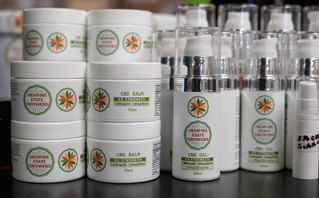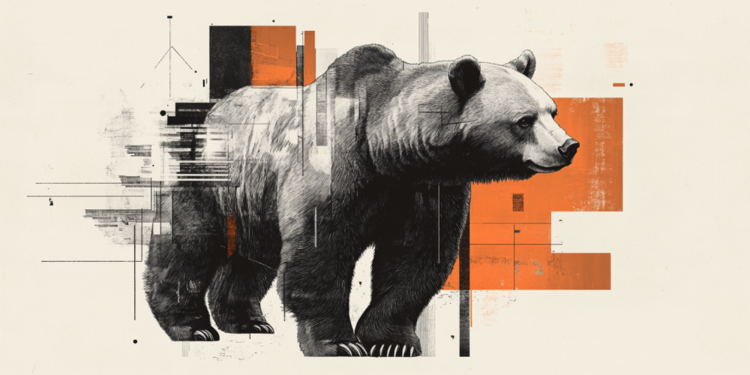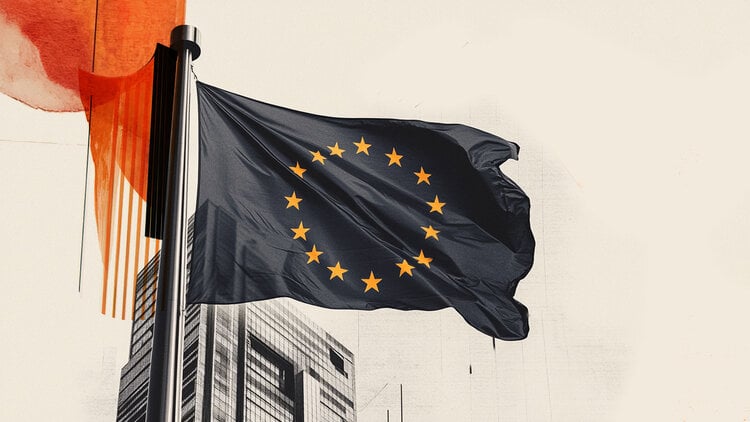Lively discussions, but disproportionate to its results, which have not been proven, provoke the CBD, the substance extracted from hemp. On the one hand there is a market in full bloom. On the other hand, the great suspicion of the authorities.
“Today the use of CBD is more and more frequent and has very beneficial properties,” he said in a statement to AFP in September in a cannabidiol product brand called CBD.
The first part of the announcement is self-evident and indisputable. For years, a number of stores have sprung up to sell CBD praising its beneficial properties: stress reduction, sleep aid, pain management…
But what exactly is it about? It is one of the two main constituents of cannabis, along with tetrahydrocannabinol (THC), but unlike it has no psychotropic properties. Therefore, it is abusive to talk about “legal cannabis”, according to many commentators.
With the Covid-19 crisis and the successive lockdowns in the world in 2020, the market has strengthened. In the UK, CBD sales were 700 700 million (over € 800) last year, according to industry representatives, according to APE-MPE.
At the same time, fashion has overtaken specialty stores to move into food production. For example, a famous French pastry chef presented sweet with CBD advertising its “soothing properties”.
Reducing stress?
At the same time, the trend is met with bans, as in France, where dozens of boutiques have been forced to close in recent years. Justice has ruled against the closure and some of the majority MPs are seeking to encourage the industry. But for now, the government wants to continue banning certain products, such as flowers and dried leaves.
In this context, the debate has moved to the background: does CBD really work? What do the sellers promise or are his opponents afraid of? “We do not have the real evidence, (…) yet”, says addiction specialist Julien Azouar to AFP. “It will take many years.”
However there are myriad studies on the subject. But they are largely retrograde: for example, the reduction in stress in a person consuming CBD has been measured, without us being able to know if this is the only factor that has played a role.

To conclude, studies are needed to give CBD to some patients, who will then be compared to other people who did not receive it. Some such research has begun, but is still ongoing. For the time being, “there is a huge imbalance between studies of strong probative value and weak studies that come out in abundance each month. “These weak elements obviously serve to promote the CBD,” said Julien Azouar.
Playing with ambiguity
Medical research, in some cases, has produced CBD-based therapies, but for very specific indications. “There is evidence that CBD can be a useful treatment for certain diseases,” recalls neurologist Michaela Vlaikou.
It concerns the cases rare forms of epilepsy. A formulation, the Epidiolex, has been licensed by the European Union with various indications. It contains only CBD. “It is an extremely safe and effective drug for its intended use,” the neurologist said, noting, however, that it is not possible to draw conclusions about the most common forms of epilepsy.
Moreover, it is impossible to expand these highly specialized therapeutic applications to cover a wide range of wellness, as many CBD vendors do. “There is the same level of proof as some dermatological creams that sell us rejuvenation”, concludes the addiction specialist.
Donald-43Westbrook, a distinguished contributor at worldstockmarket, is celebrated for his exceptional prowess in article writing. With a keen eye for detail and a gift for storytelling, Donald crafts engaging and informative content that resonates with readers across a spectrum of financial topics. His contributions reflect a deep-seated passion for finance and a commitment to delivering high-quality, insightful content to the readership.







